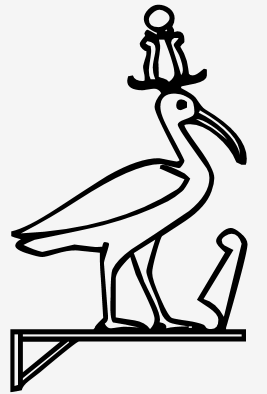- ἀτηρία (atēria) – mischief, evil
- γεννᾶται (gennatai) – he/she/it produces from oneself, creates; he/she/it is begotten, produced, grown, engendered
- δέσποινα (despoina) – mistress, lady of the house; princess, queen
- εἵλετο (heileto) – he/she/it took for oneself, chose; preferred, elected; he/she/it was taken, chosen
- ἐπὶ ῥίζης (epi rhizēs) – in/upon a root; in/upon a foundation, base; in a race, family, sect, party
- ἐργάται (ergatai) – workers, laborers; farmers, husbandmen
- εὔδια (eudia) – calm, fine, clear; warm, mild; gracious; peaceful (things)
- ἡ σπονδή (hē spondē) – the drink-offering, libation
- θυία 1 (thuia) – odorous cedar, Juniperus foetidissima
- θυία 2 (thuia) – mortar; oil press (alternate form of θυεία)
- Θυῖα (Thuia) – festival of Dionysus at Elis (Pausanias 6.26.1)
- Ἶσις (Isis) – Isis; Pythagorean name for two
- κίρκος (kirkos) – a kind of hawk or falcon; a kind of wolf; circle, ring; circus (late Latin borrowing)
- κρίκος (krikos) – ring, link in a chain, hoop (an older form of κίρκος)
- λοιμός (loimnos) – plague; pest
- ὁ λιμός (ho limos) – the hunger, famine
- ὅμιλος (homilos) – any assembled crowd, throng of people; mass of people; mob; population
- ὀνικός (onikos) – millstone; (something) of or for a donkey
- τὸ ἄημα (to aēma) – the blast, wind
- τόν (ton) – the; which, who
- τριβή (tribē) – rubbing, rubbing down, wearing away; practice, study; occupation
